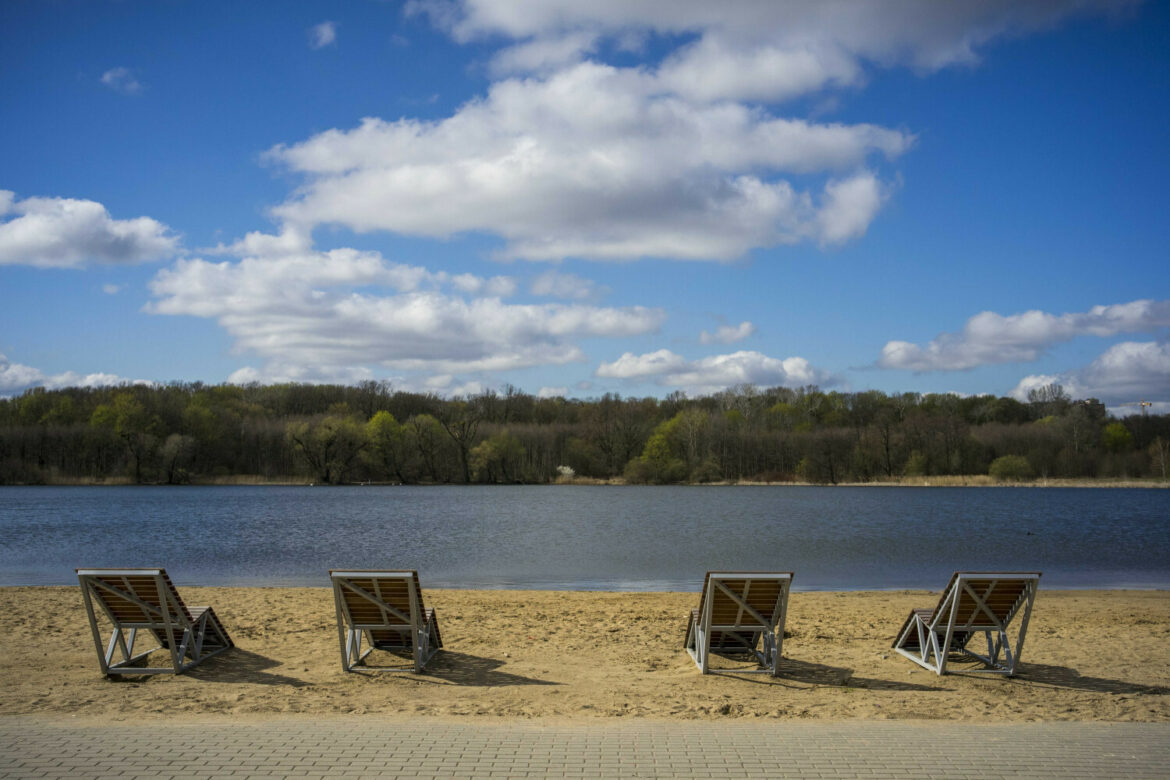Speculation with CO2 emission rights, deforestation, land grabs, privatization of the water management sector are some of the symptoms of the progressive financialisation of the natural environment.
The natural environment is increasingly recognized today not as a common good or a human right, but as a financial asset that can bring profits to owners of large capital or intermediaries. Behind the façade of sustainable development or the fight against climate change, sometimes it provides for a brutal exploitation. Such conclusions are formulated by Dr Izabela Bludnik and Dr Hanna Pondel from the University of Economics in Poznań in the book “Financialization of the Natural Environment. Problems and challenges” (Scientific Publishers of the University of Szczecin, 2021).
According to the authors of the monograph, the financialisation of the natural environment has been going on for four decades. It involves the implementation of free market rules in the environmental sector, which boil down to maximizing benefits for capital holders
According to them, treating the natural environment as a commodity brings about dramatic consequences, including forced evictions, rising food prices, devastation of ecosystems with loss of biodiversity.
According to Bludnik and Pondel, the actions of the European Union had an impact on the progressive financialisation of the natural environment and resulted in the emergence of a market for trading in CO2 emission allowances. The way to achieve this was opened by the Kyoto Protocol (1997), the provisions of which were to reduce greenhouse gas emissions. The problem is that under the auspices of the EU, this market – the largest in the world – exhibits the characteristics of a stock market, speculation is simply thriving on it. In the fourth quarter of 2019, speculative investors accounted for 40-47% of its participants. The largest buyers of rights include Deutsche Bank, Goldman Sachs, private equity funds.
Another manifestation of the financialization of the natural environment is the privatization of the water management sector. All over the world, private companies are increasingly taking over water and sewage infrastructure and entities managing it. The problem is that profit becomes important than not high-quality services, and access to clean drinking water is one of the basic human needs.
The authors of the book formulated the thesis that the financialization of the natural environment is largely responsible for … the outbreak of the COVID-19 pandemic. According to the authors, disturbing the balance of the environment and disturbing natural processes have created conditions for the emergence of new pathogens and their free spread on a global scale.
Piotr Rosik, a journalist analyzing financial markets, especially the capital market





